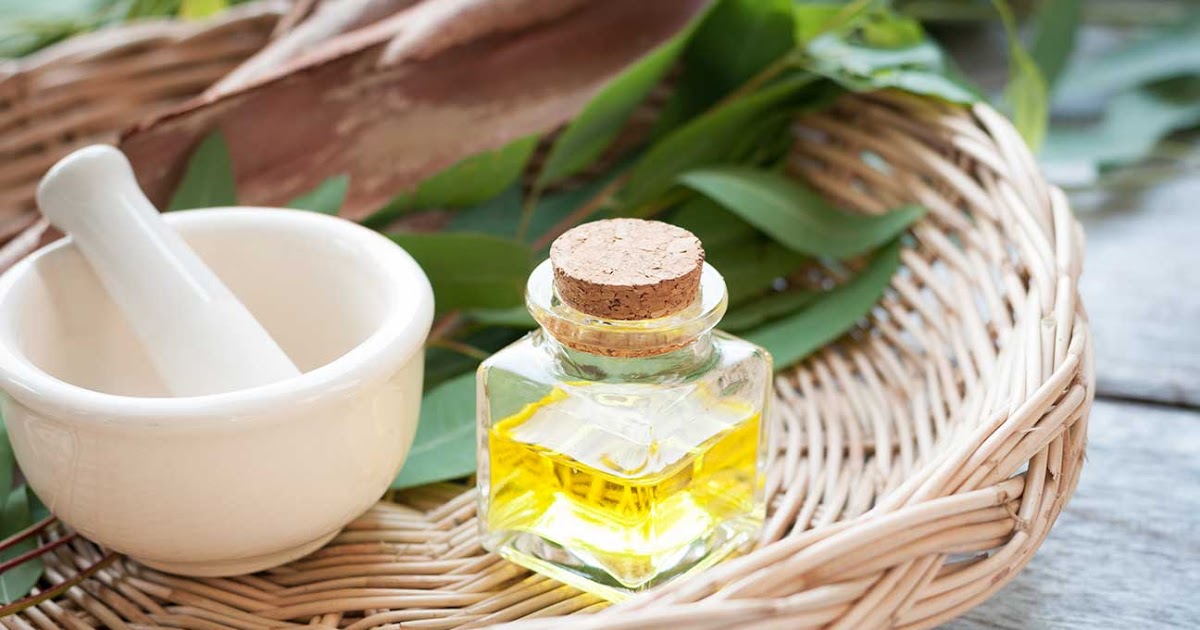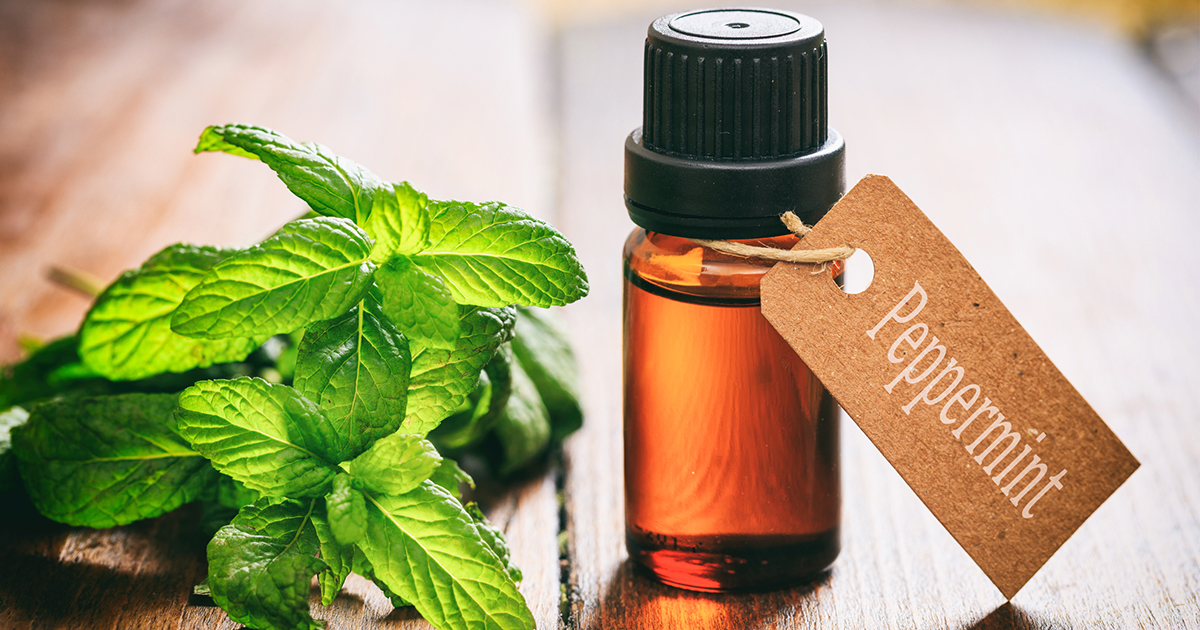Essential Oils For Allergies
Allergies have been around for thousands of years, and they can affect many parts of the body. Seasonal allergies like hay fever are very common, and the various allergies affect over fifty million individuals in the United States. These chronic illnesses can affect areas like the skin, nose, sinuses, or stomach lining. Depending on the allergy, patients may experience itching, swelling, watery eyes, sneezing, or congestion. Symptoms can occur during a certain season or throughout the year.
Pollen, food, animal dander, or insect stings are common causes of allergic reactions. Essential oils are a safe and effective remedy for symptom relief. They can be administered in a variety of ways, including being diluted with carrier oils. These distilled liquids can be diffused into the air, inhaled directly from the container, or applied to the skin. Patients should consult a doctor before beginning any essential oil treatment and pay attention to the purity, quality, and packaging of essential oils.
Eucalyptus Oil

Eucalyptus oil can be used to treat respiratory issues associated with allergies. The oil has anti-inflammatory effects that clear congestion by opening up the lungs and sinuses. Inflammation is one of the main underlying causes of allergies. The oil's analgesic qualities produce a cooling sensation in the nose that helps improve breathing. It also functions as an expectorant to rid the body of toxins and allergens. Research published in Evidence-Based Complementary and Alternative Medicine described the significant and immediate improvement of respiratory tract infection symptoms among patients who used eucalyptus oil. Participants reported improvement of symptoms, especially hoarseness, cough, and sore throat.
Individuals can diffuse eucalyptus oil or apply it topically to the chest and temples to help with respiratory issues. The oil can be inhaled to provide relief from congestion and clogged nasal passages. All patients must do is add a couple of drops to a bowl of hot water and inhale the steam while breathing deeply. They should place a towel over their head to trap the steam and try to breathe in the vapors for ten to fifteen minutes. Individuals can also inhale the oil directly from the bottle for symptom relief.
Peppermint Oil

Peppermint oil may be used for allergy relief because of its ability to reduce inflammation and relax the muscles. The oil is also an expectorant and manifests antispasmodic activity. These qualities work to ease breathing, discharge phlegm, unclog sinuses, relieve scratchy throats, and inhibit contractions that cause coughing. According to research, peppermint oil may also help anxiety and fatigue.
Peppermint oil can be administered in many ways. Individuals can diffuse about five drops of the oil for inhalation to soothe scratchy throats and ease breathing. Breathing in the vapors can relax the nasal muscles to ease the passage of mucus and allergens. The oil can be diluted with a carrier oil like coconut or jojoba for application to the chest, neck, and temples for symptom relief. Individuals can also add one to two drops to water, tea, or a smoothie to reduce inflammation.
